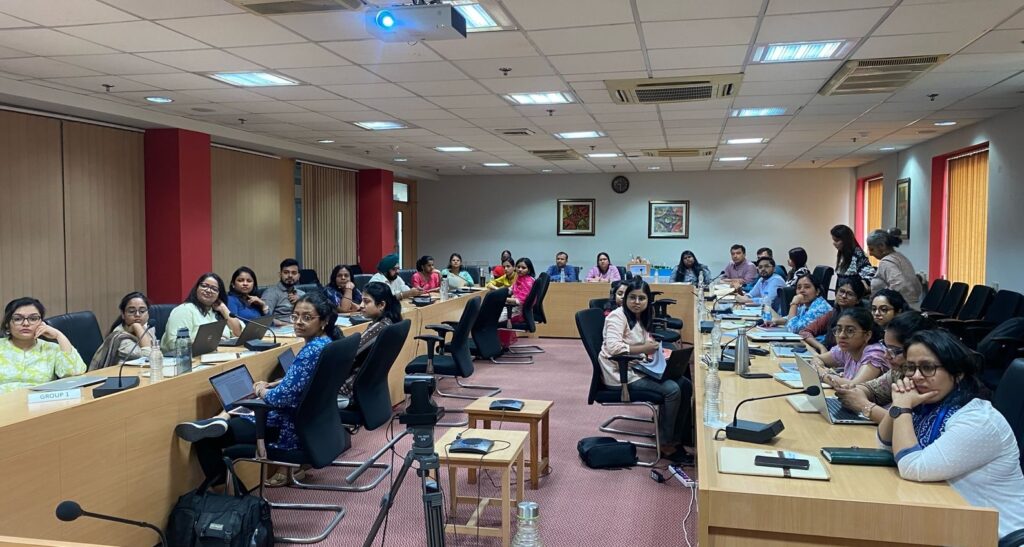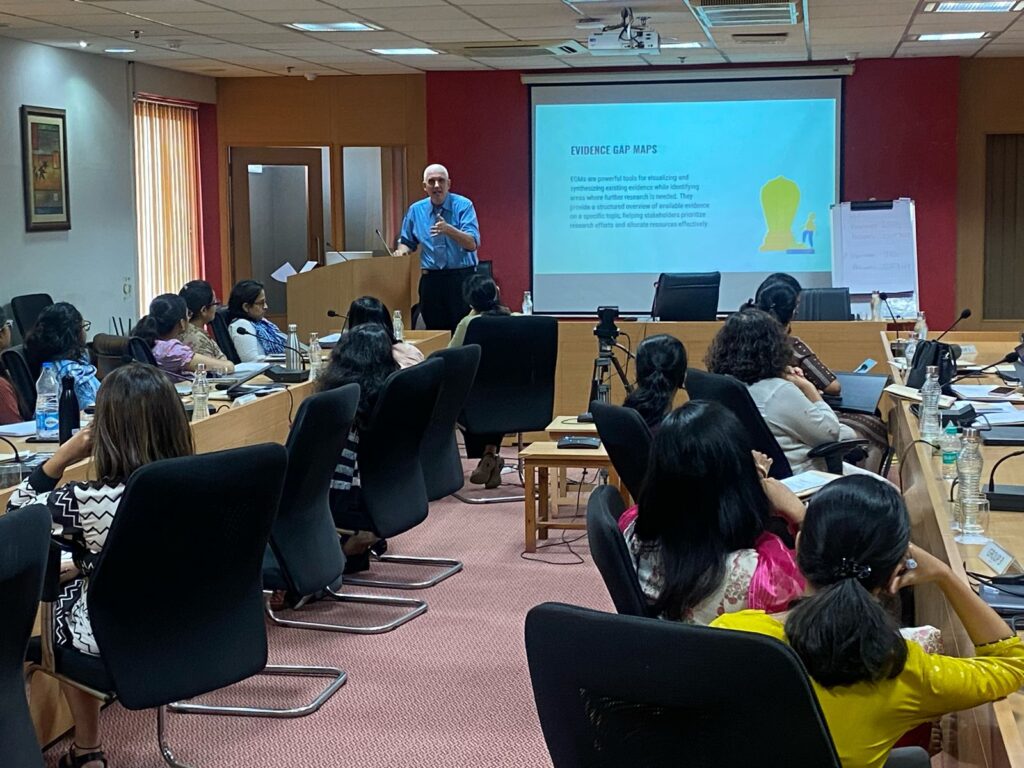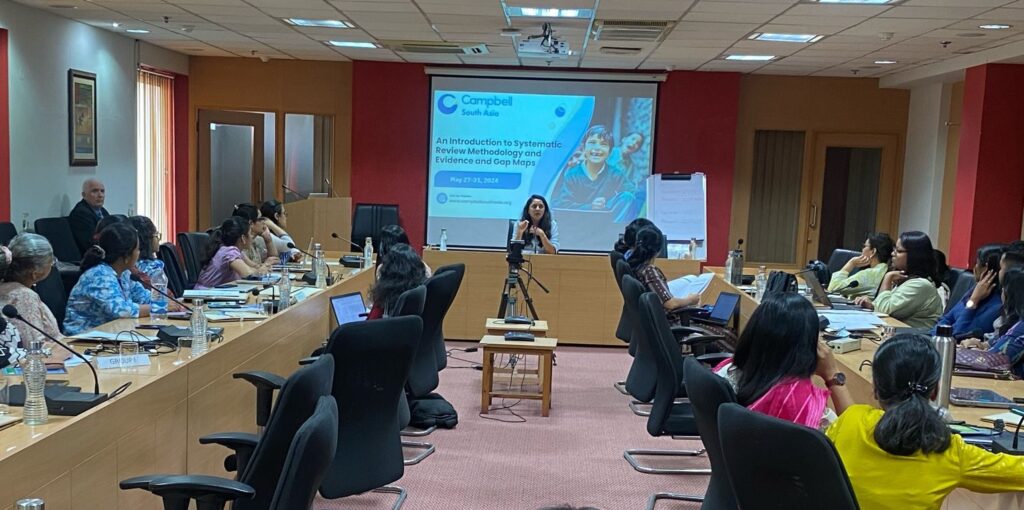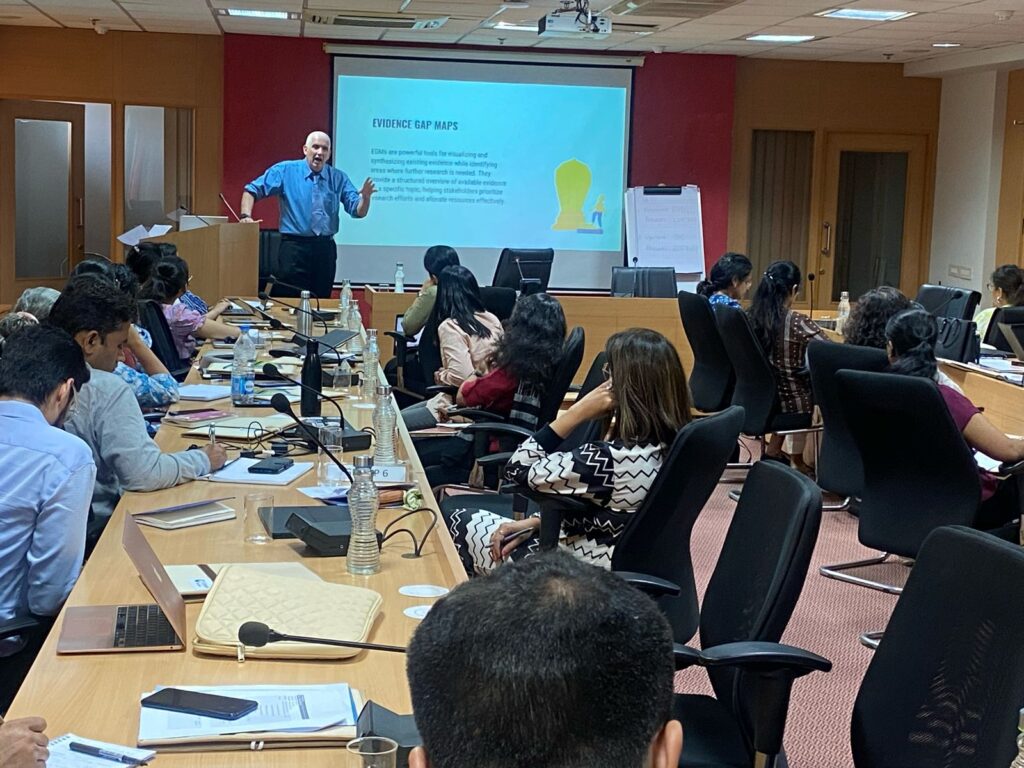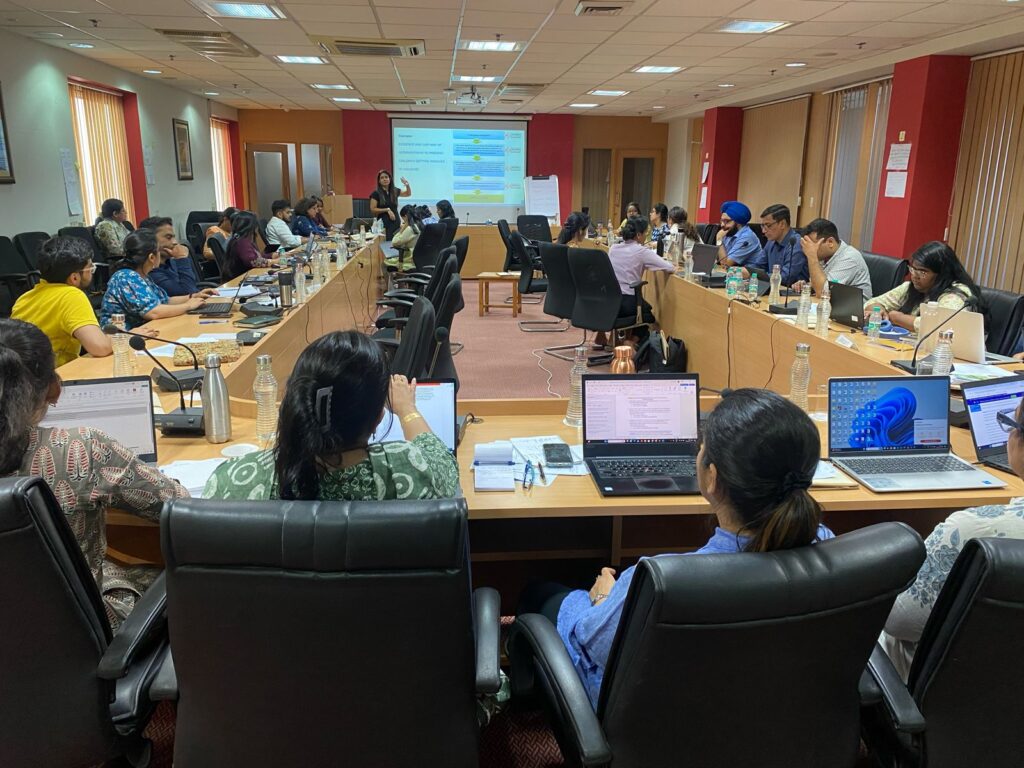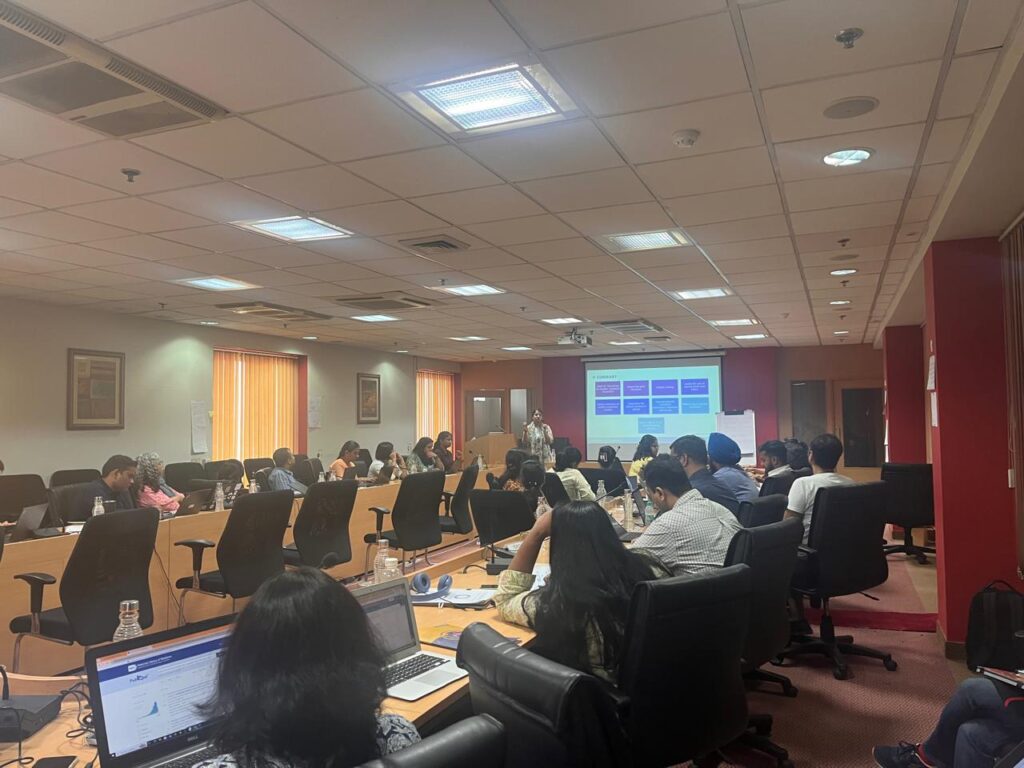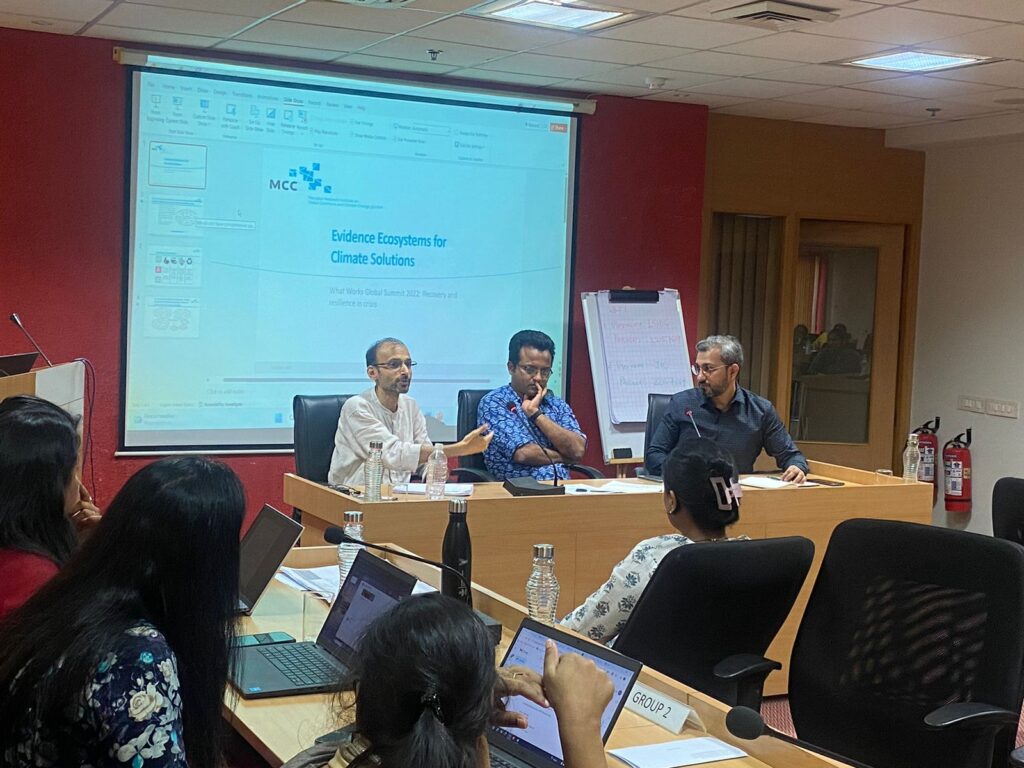Five-Day Introductory Workshop on Systematic Review Methodology and Evidence and Gap Maps (EGMs)

Welcome to our events page, where you can find information about our upcoming events and explore the exciting experiences we’ve offered in the past. Our events are designed to engage and inspire, bringing together like-minded individuals to learn, connect, and grow. From workshops and seminars to conferences and social events, there’s always something happening here that’s worth your attention.
Take a look at our past events to get a sense of the breadth of topics we’ve covered. We’ve hosted some incredible speakers and thought leaders, covering topics ranging from mental health and nutrition to clinical research and public health. Our attendees have left inspired and with new insights, and we can’t wait to bring you more transformative experiences in the future.
Be sure to check back often, as we update this page regularly with information about our events. Whether you’re a researcher, health professional, or simply interested in the field, we’ve got something for you.

- This event has passed.
Five-Day Introductory Workshop on Systematic Review Methodology and Evidence and Gap Maps (EGMs)
May 27, 2024 – May 31, 2024
We organized an intensive five-day introductory workshop in Delhi focused on systematic review methodology and the creation of evidence and gap maps (EGMs). This workshop was designed to provide participants with a comprehensive understanding of the systematic review process and the practical skills needed to conduct high-quality reviews.
Workshop Highlights:
1. Comprehensive Curriculum: The workshop covered a broad spectrum of topics essential for conducting systematic reviews and creating EGMs. Each day was dedicated to a specific aspect of the systematic review process, ensuring a thorough and structured learning experience.
2. Literature Searching: Participants learned advanced techniques for literature searching, including the use of various databases and search engines. They were trained to develop effective search strategies to identify relevant studies, ensuring comprehensive coverage of the existing literature.
3. Data Extraction: Hands-on sessions focused on data extraction, where participants practiced extracting relevant data from studies. They learned to use standardized data extraction forms and software tools to ensure accuracy and consistency in the data collection process.
4. Quality Assessment: The workshop included detailed instruction on assessing the quality of studies. Participants were introduced to various quality assessment tools and checklists, such as the Cochrane Risk of Bias tool, to evaluate the methodological rigor and reliability of the studies included in their reviews.
5. Meta-Analysis: A key component of the workshop was meta-analysis. Participants learned the statistical techniques used to combine data from multiple studies, including fixed-effect and random-effects models. They practiced using software tools for meta-analysis, such as RevMan and Stata, to perform and interpret meta-analytic results.
6. Developing Systematic Review Protocols: The importance of developing a systematic review protocol was emphasized throughout the workshop. Participants were guided through the process of writing a protocol, including defining research questions, eligibility criteria, and data analysis plans. This exercise helped ensure that their reviews would be methodologically sound and reproducible.
7. Evidence and Gap Maps (EGMs): The workshop provided an introduction to EGMs, a tool used to visually represent the evidence landscape. Participants learned to develop EGMs to identify research gaps and areas where more studies are needed. This skill is crucial for guiding future research priorities and informing policy decisions.
8. Interactive Group Work: Throughout the workshop, participants engaged in group work to apply the concepts and techniques they learned. These collaborative sessions fostered peer learning and allowed participants to share insights and challenges. Groups worked on developing their own systematic review protocols and conducting preliminary analyses.
9. Expert Guidance: The workshop was conducted by experienced staff from Campbell South Asia (CSA), who have extensive expertise in systematic review methodology and meta-analysis. They provided personalized feedback and support, helping participants overcome specific challenges and refine their skills.
The workshop included around 35 participants from various respected organizations such as UNICEF, International Rice Research Institute (IRRI), Population Council, Jawaharlal Institute of Postgraduate Medical Education & Research (JIPMER), All India Institute of Medical Sciences (AIIMS), Indian Institutes of Technology (IIT), and Postgraduate Institute of Medical Education and Research (PGIMER). This diverse group brought valuable perspectives and expertise to the sessions.

